Kubernetes Training
Welcome to KONCPT AI’s 5-day Kubernetes Training program! This intensive course covers Kubernetes fundamentals, automation, scaling, and container orchestration. Through theoretical sessions, hands-on labs, and real-world projects, participants will gain the expertise to confidently deploy, manage, and scale containerized applications using Kubernetes in corporate environments.
Description
Welcome to the 5-day Kubernetes Training program by KONCPT AI. This Corporate intensive course is designed to provide participants with a deep understanding of Kubernetes, an open-source platform for automating deployment, scaling, and operations of application containers. The training includes a mix of theoretical knowledge, hands-on labs, and real-world projects to ensure participants can confidently deploy and manage containerized applications using Kubernetes.
Benefits of Attending This Training
- In-Depth Knowledge: Gain comprehensive understanding of Kubernetes concepts and architecture.
- Hands-On Experience: Practical labs and real-world projects.
- Expert Instruction: Learn from experienced Kubernetes practitioners.
- Career Advancement: Improve your job prospects in DevOps, cloud computing, and infrastructure management.
- Networking: Connect with peers and industry professionals.
Certification: Receive a certificate of completion to validate your expertise


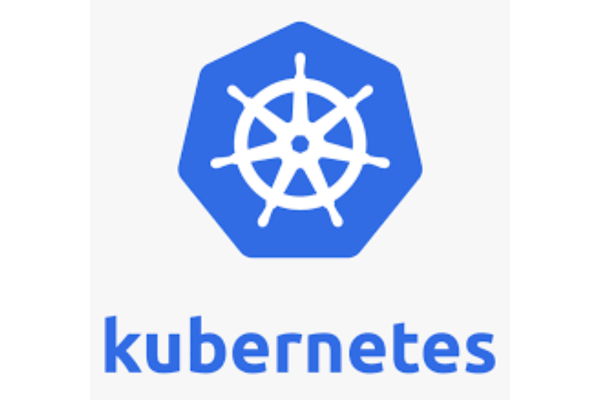


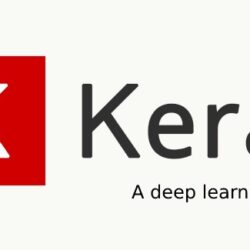
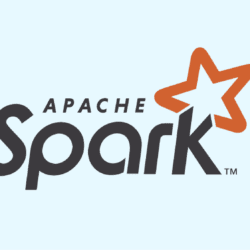
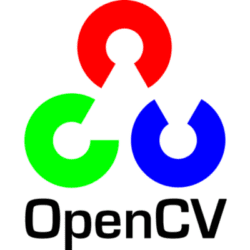
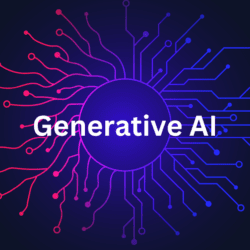
Reviews
There are no reviews yet.